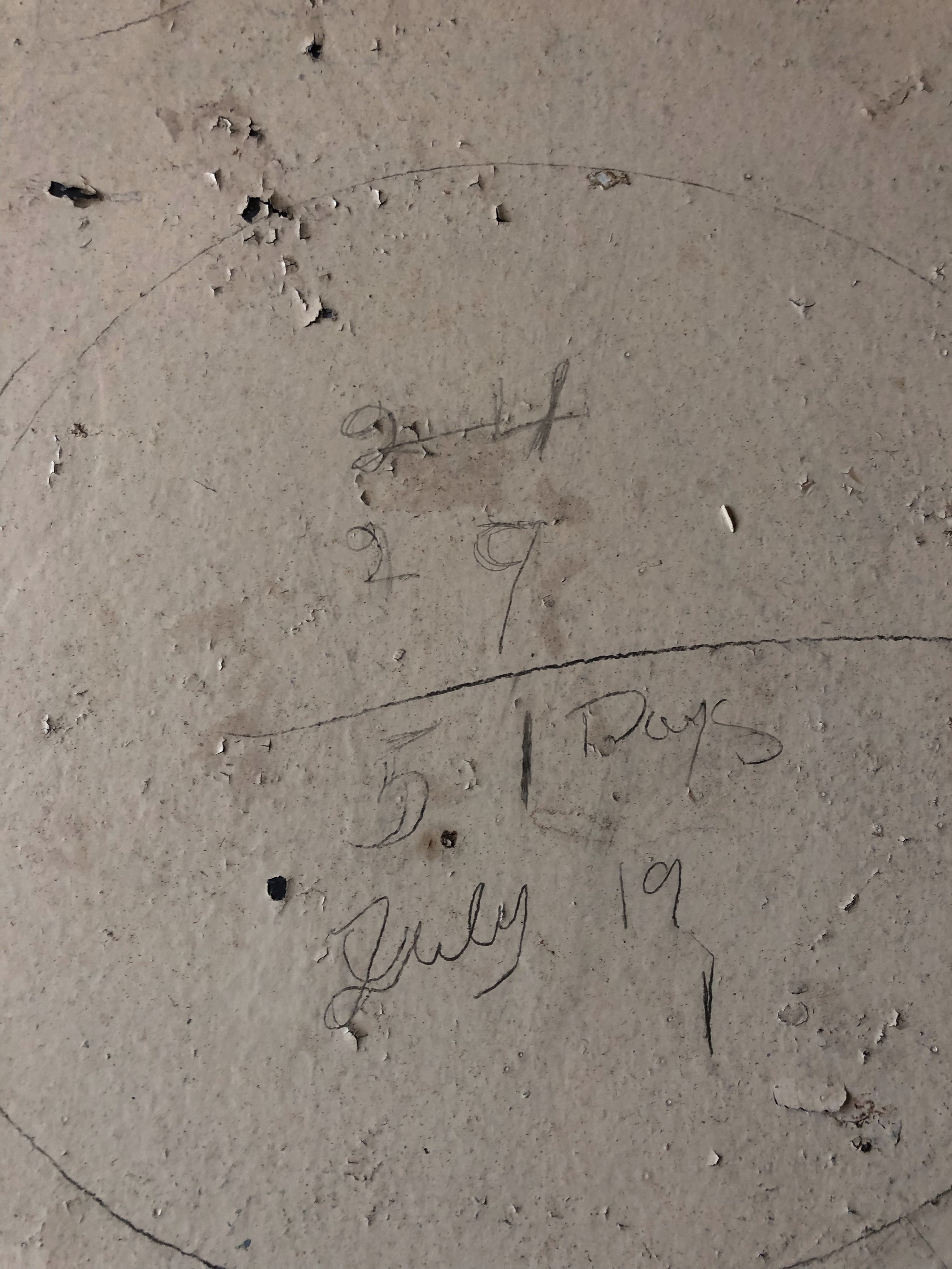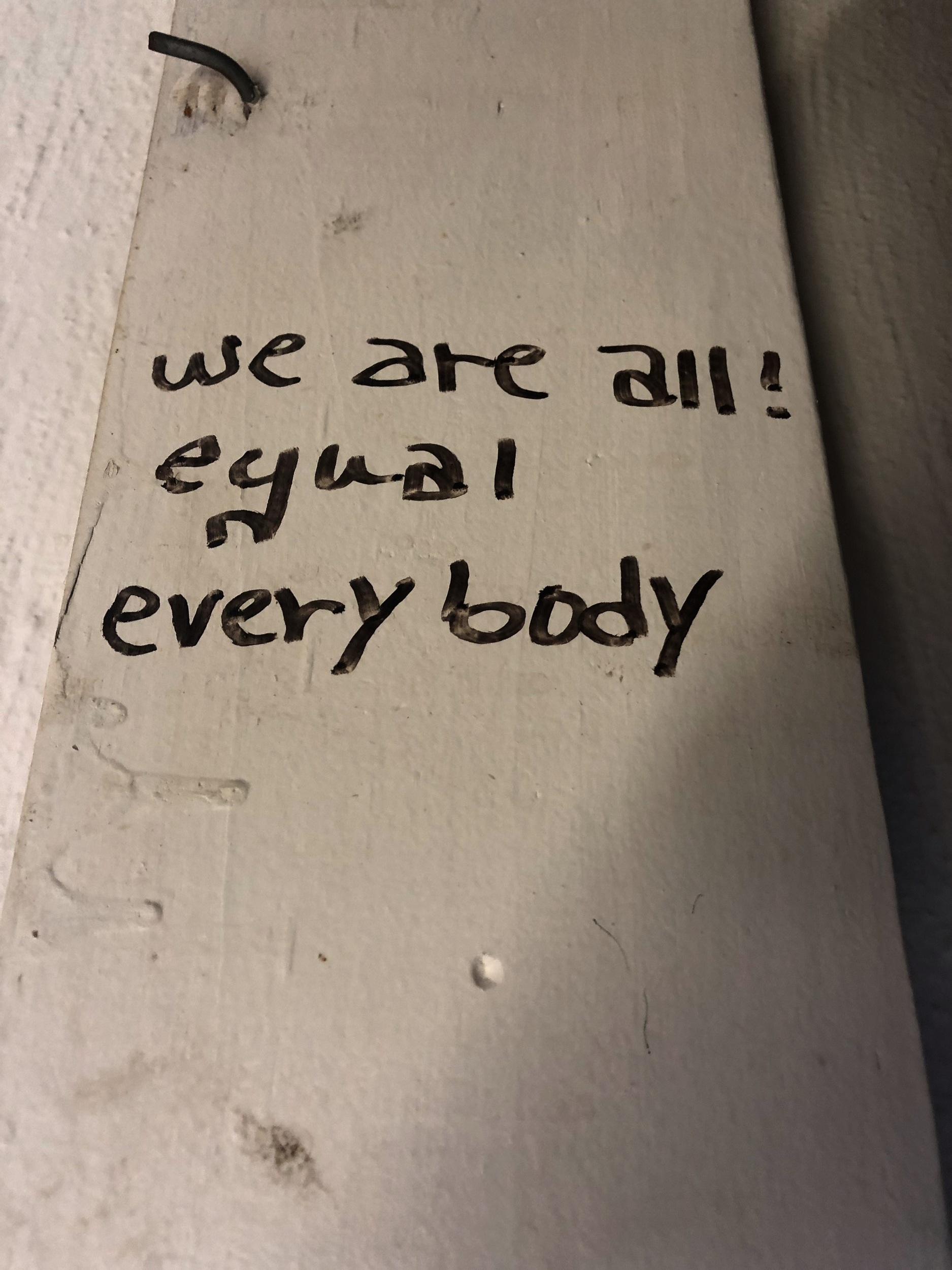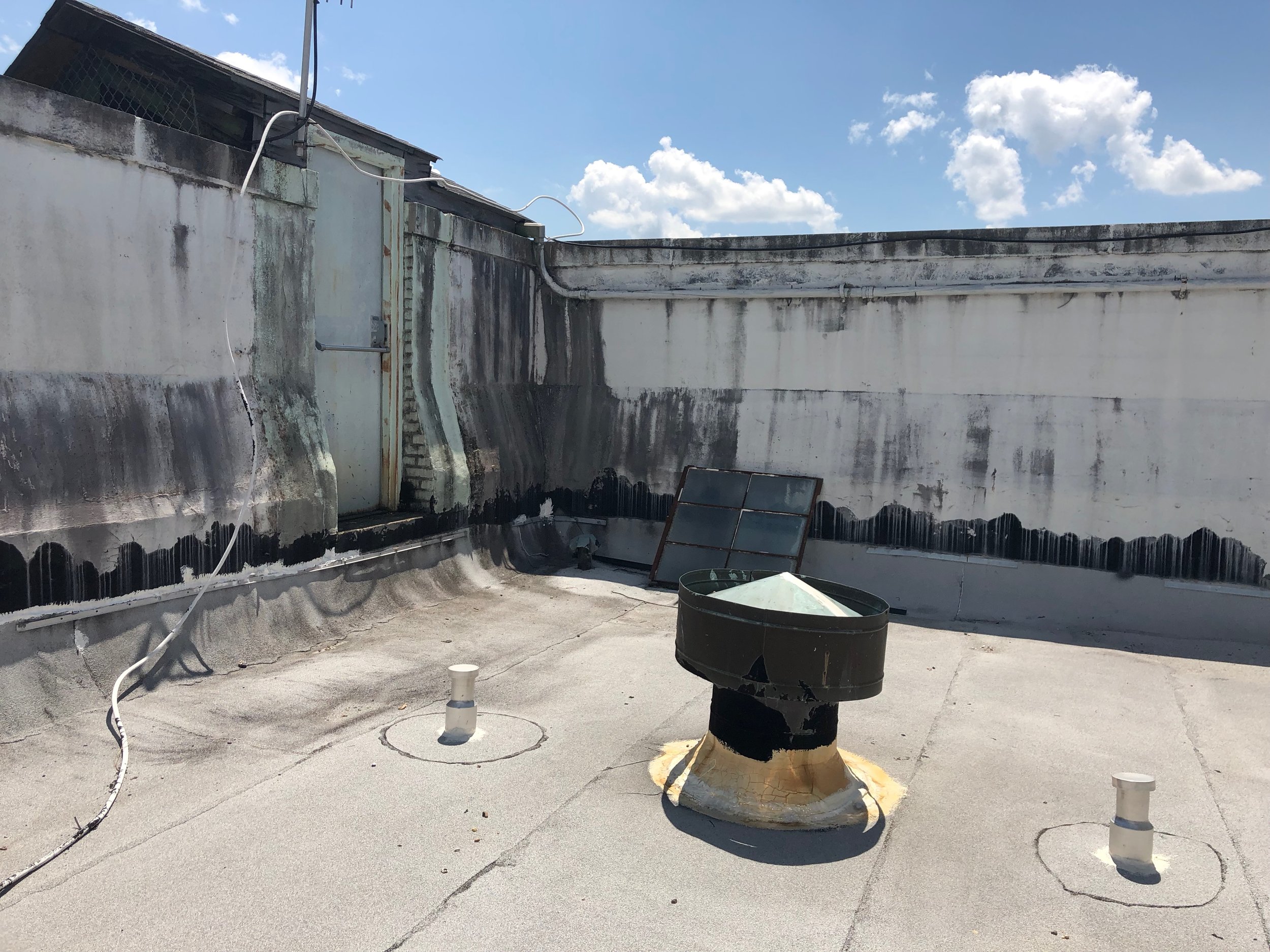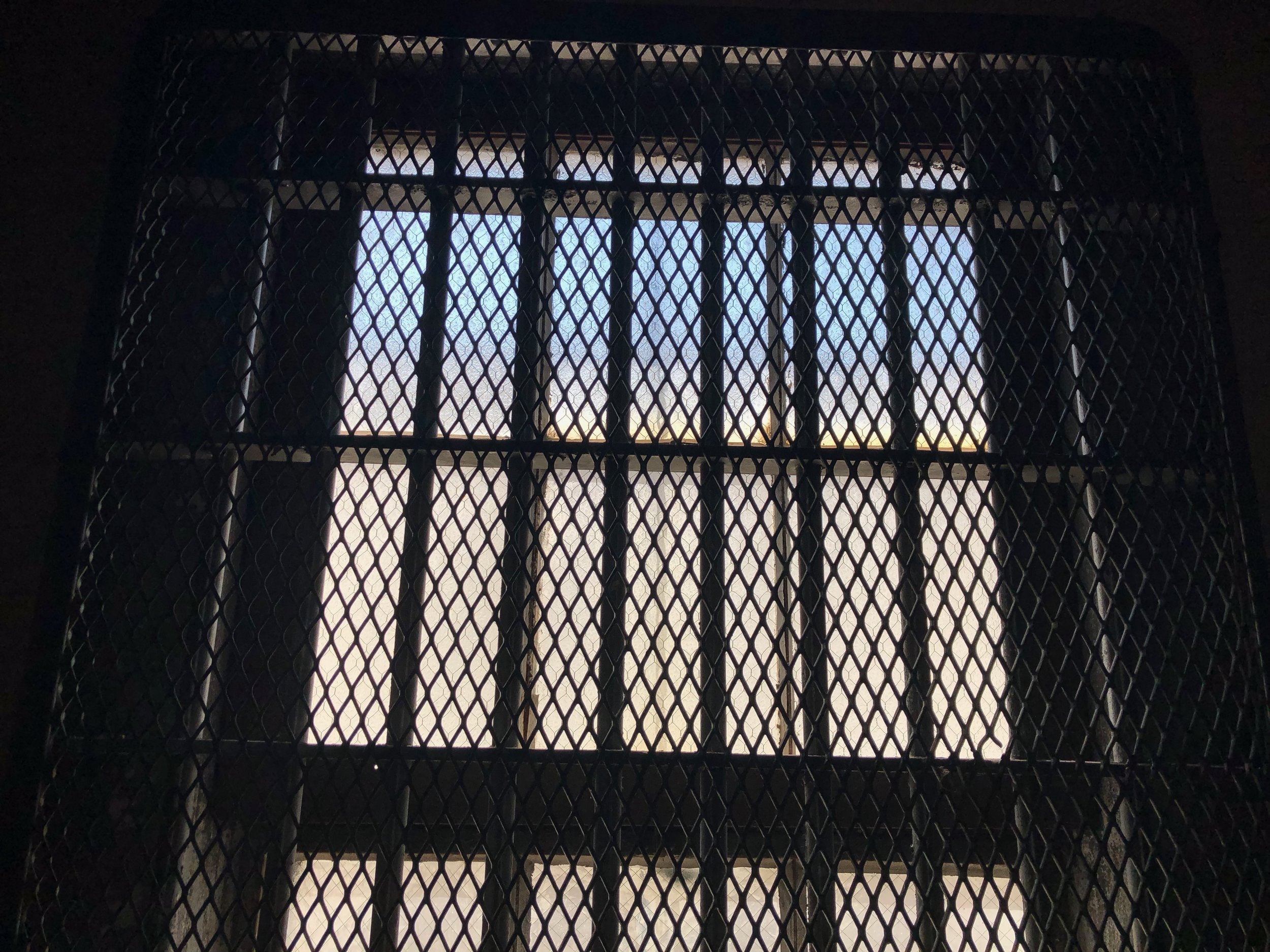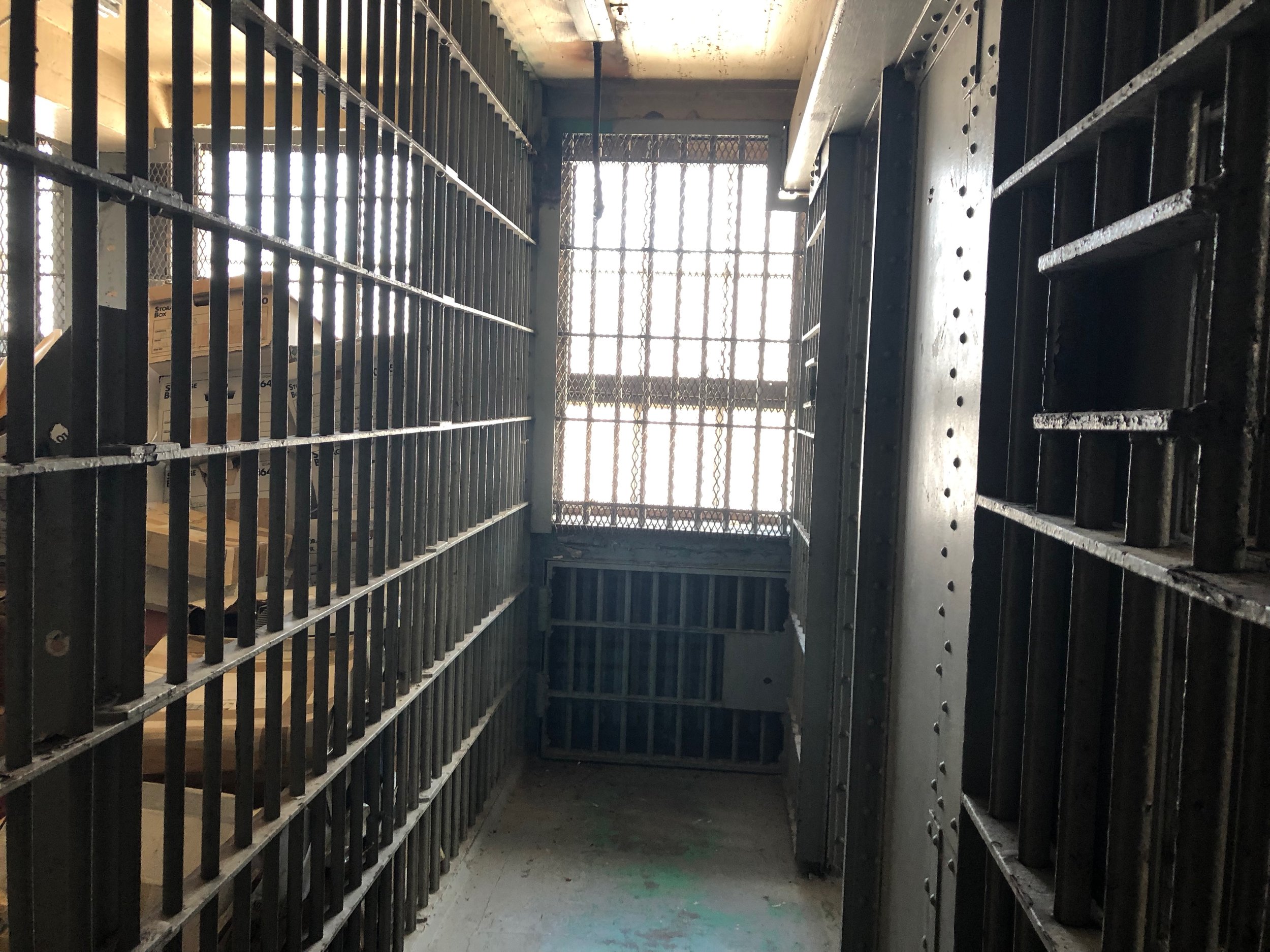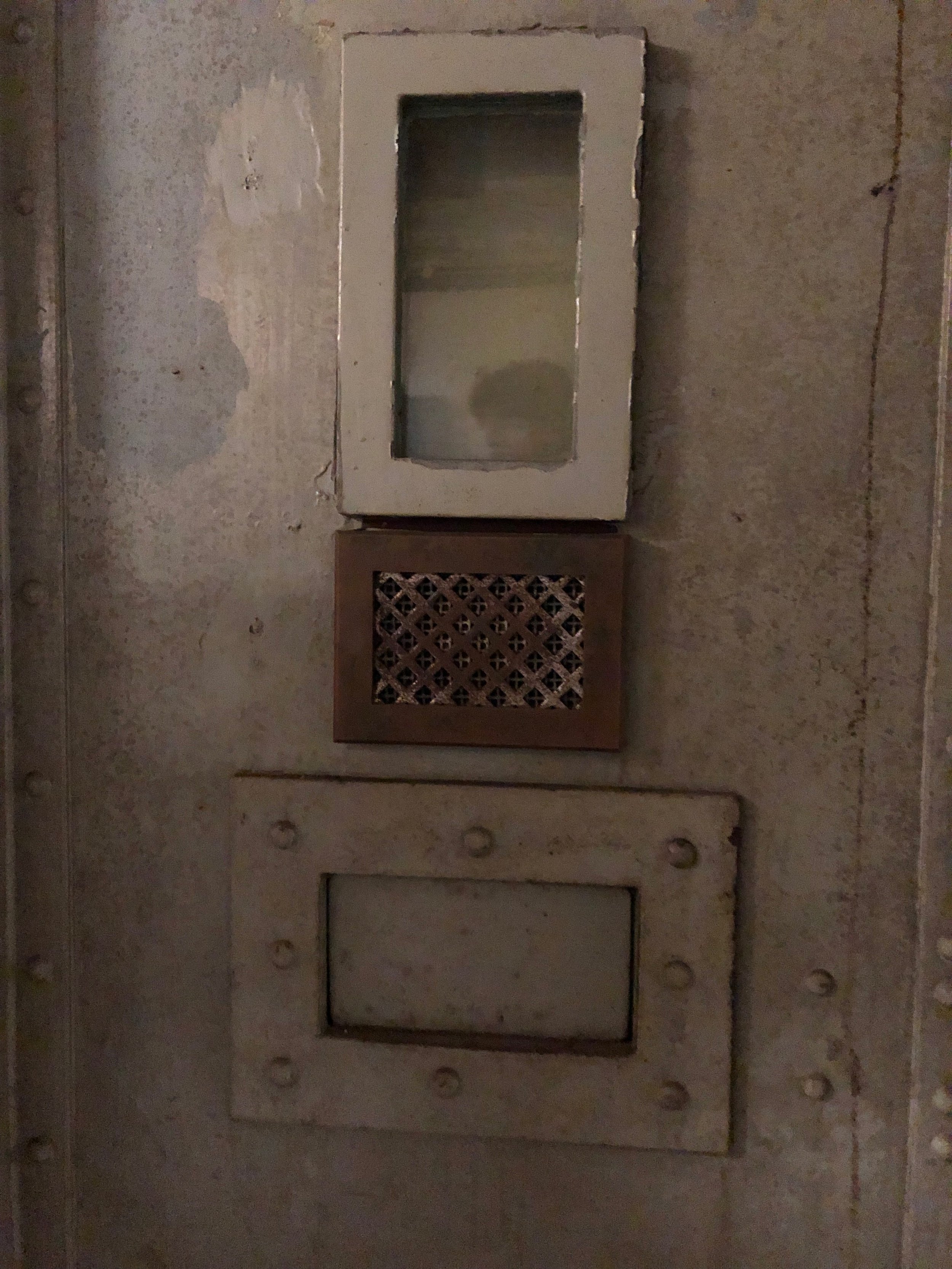“they got a moon out ther an i can see the leves on the tree but I ant gon see no mo leves after tomorrow ― Ernest J. Gaines, A Lesson Before Dying”
If I had the opportunity to find out the exact day, time, and incidence of my death, would I take it?
Would you?
I am certain that my answer would be no. With death there are so many questions: is there an afterlife, is there pain, are we reborn or do our bodies just turn back into the dust from the stars? I don’t know the answers and I likely won’t ever know them until my own death but that does not bother me. Yes, it’s scary, it scares everybody but the thing that scares me most would be knowing how it happens. There is beauty in uncertainty and just thinking of knowing with absolute certainty how I die makes me sick to my stomach. I know that sometimes people commit terrible crimes that are worthy of death but the fact of the matter is, the death penalty unfairly targets people of color.
“How do people come up with a date and a time to take life from another man? Who made them God? ― Ernest J. Gaines, A Lesson Before Dying”
While reading Ernest J. Gaines’ “A Lesson Before Dying” I had to get used to that kind of discomfort. It follows the events leading up to Jefferson’s death, a man wrongfully convicted for the murder of a white woman whose defense was not only blatantly racist but also horribly insufficient to be sentenced to death.
“Gentlemen of the jury, look at this—this—this boy. I almost said man, but I can’t say man. Oh, sure, he has reached the age of twenty-one, when we, civilized men, consider the male species has reached manhood, but would you call this—this—this a man? No, not I. I would call it a boy and a fool ― Ernest J. Gaines, A Lesson Before Dying
”
Jefferson’s godmother, Miss Emma, following the defense attorney calling Jefferson a hog and a fool finds herself requesting that schoolteacher Grant Wiggins, the protagonist and narrator of the novel, speak with her godson to ensure that he dies a man. Her outlook always intrigued me, she accepted that he was going to die and though it pained her deeply, chose to fight for what she considered the next best thing.
“We should try and reach Jefferson. Why not the soul? No, she wants memories, memories of him standing like a man.
― Ernest J. Gaines, A Lesson Before Dying
”
The novel was painful to read. During the final chapters I found myself crying at Gaines’ poignant words. It was very difficult to read about the end of a man’s life and all the conflicting emotions that come with it. Although Miss Emma intends for Wiggins to teach Jefferson a lesson before dying, it is perhaps Wiggins who learned the most. Before his conversations with Jefferson, he was in a place of stagnation. He was a knowledgeable man but only had the knowledge that could be obtained in school. After being forced through external pressures and an internal obligation to get to know a man sentenced to death, Wiggins learned the art of self-reflection and inner strength. Just as Jefferson shed his pained identity as a “hog” forced upon him by his attorney and walked to his death like a man, Jefferson was able to open Wiggins’ eyes and educate him on self-perception and change. Wiggins had acquired a sense of hopelessness before Jefferson came into his life. He did not believe anything he did would ever make a difference and then he saw Jefferson transform, a person in a place of imposed stagnation and realized that hope is necessary and changes are possible.
““You’re a human being, Jefferson,” I said. “I’m an old hog they fattening up to kill.
...
“good by mr wigin tell them im strong tell them im a man good by mr wigin im gon ax paul if he can bring you this
Sincerely Jefferson” ― Ernest J. Gaines, A Lesson Before Dying
”
I’ve been avoiding this blog in all honesty. I wasn’t ready to take myself back to the place that “A Lesson Before Dying” took me. Gaines’ words made me feel knots in my stomach, a strange sense of hopelessness that I don’t want to feel again. I’m not ashamed to say I cried while reading this book. Not the dramatic movie tears where one tears slowly falls down your cheek. It was gross all-encompassing sobs and that feeling stayed with me for longer than I care to admit. When we walked through the old jail sails in the suffocating summer heat my mind was with Jefferson. As I wandered and saw the inmates graffiti saying “we are all equal,” my heart hurt. Systemic inequality runs deep in the fabric of the United States and until people recognize that and actively make an effort to change it, the inequality will remain.
“I can’t raise the dead. All I can do is try to keep the others from ending up like this—but he’s gone from us. ― Ernest J. Gaines, A Lesson Before Dying”
Seeing the numbers on the walls was the worst part. The addition that didn’t make sense, the confusion… How long had they been there? Was it their countdown until their release or would they die there? Despite the heat, I had chills. When our tour guide showed us how the cells closed, my heart dropped, all I wanted to do was get out of there and I longed for the feeling of the ocean at the Grand Isle. I felt so trapped in the jail but I knew that at any moment I could get in a car and leave, sadly, the same cannot be said for Jefferson or the other inmates that were forced to live there. The conditions were not only inhumane but they were maddening. The courtyard that the inmates used for their exercises felt just as claustrophobic as the cells themselves. I felt on edge the entire time, that was not a life that any person should have to endure. The fact that inmates were kept there until the late 1980s is just a reminder at how slow the process of progress is. I’m grateful for this bookpacking experience, particularly the places these books and sights have allowed me to go and how they have connected me to my emotions. I hated how “A Lesson Before Dying” made me feel but I’m still grateful for it. Good literature is supposed to make you feel uncomfortable, show you different perspectives, and challenge your thought processes and “A Lesson Before Dying” did that and more. I know that I feel things more intensely than other people and a lot of the time I resent it but I know that one day it is going to help me become the writer that I want to be.
“don’t kno if you can red this mr wigin my han shakin and i can yer my hart ― Ernest J. Gaines, A Lesson Before Dying
”
Being in the presence of a writer like Ernest J. Gaines’ whose words drove me to tears was exciting and nerve wracking. I admire his ability to create such nuanced characters in such a deceptively simple fashion. They are not all protagonists in the common sense of the word and the message he conveys through each one lingers long after the reader completes the book. Grant Wiggins was somewhat of a hopeless cynic who simply functioned rather than lived. He was a teacher that disliked it greatly and seeing Jefferson’s internal growth while on death row altered his perspective on life. Both these characters were not ideal individuals nor in ideal situations but their impact on each other which instigated internal growth is a testament to the power and vulnerability in human connection. And the fact that I got to meet a writer who created this devastatingly painful and beautiful word continues to shock me. I remember I asked him how he avoid getting caught up in revisions and his answer was “I write and revise until I’m tired and I can’t revise anymore and need to write something else.”
Writer Ernest J. Gaines with the class.
Everyone always says the biggest part of the writing process is revision but being able to see an accomplished writer’s revision process was eye opening. I had never seen a manuscript before. There were so many drafts with so many miniscule changes that make all the difference. When Kayla found the copy where Gaines’ added in “Sincerely, Jefferson” I felt such an immense gratitude that the art of writing exists and a greater understanding of the necessity of revision. The words “Sincerely Jefferson” don’t seem like much but in the context of the novel, they would be the last words that Jefferson would ever write before his death and it makes Jefferson’s diary all the more impactful.
The experience of bookpacking with “A Lesson Before Dying” was challenging because of all the emotions it made me feel but I wouldn’t change it for a second. I got to meet the Ernest J. Gaines, hear his perspective on writing, and see locations that add to the experience. My pain ends when I put the book down and the residual feelings fade away but so many trapped in the prison industrial complex do not get that privilege so I will feel my feelings and be grateful to see the sun rise for another day.
“Tell Nannan I walked. And straight he walked… ― Ernest J. Gaines, A Lesson Before Dying”


